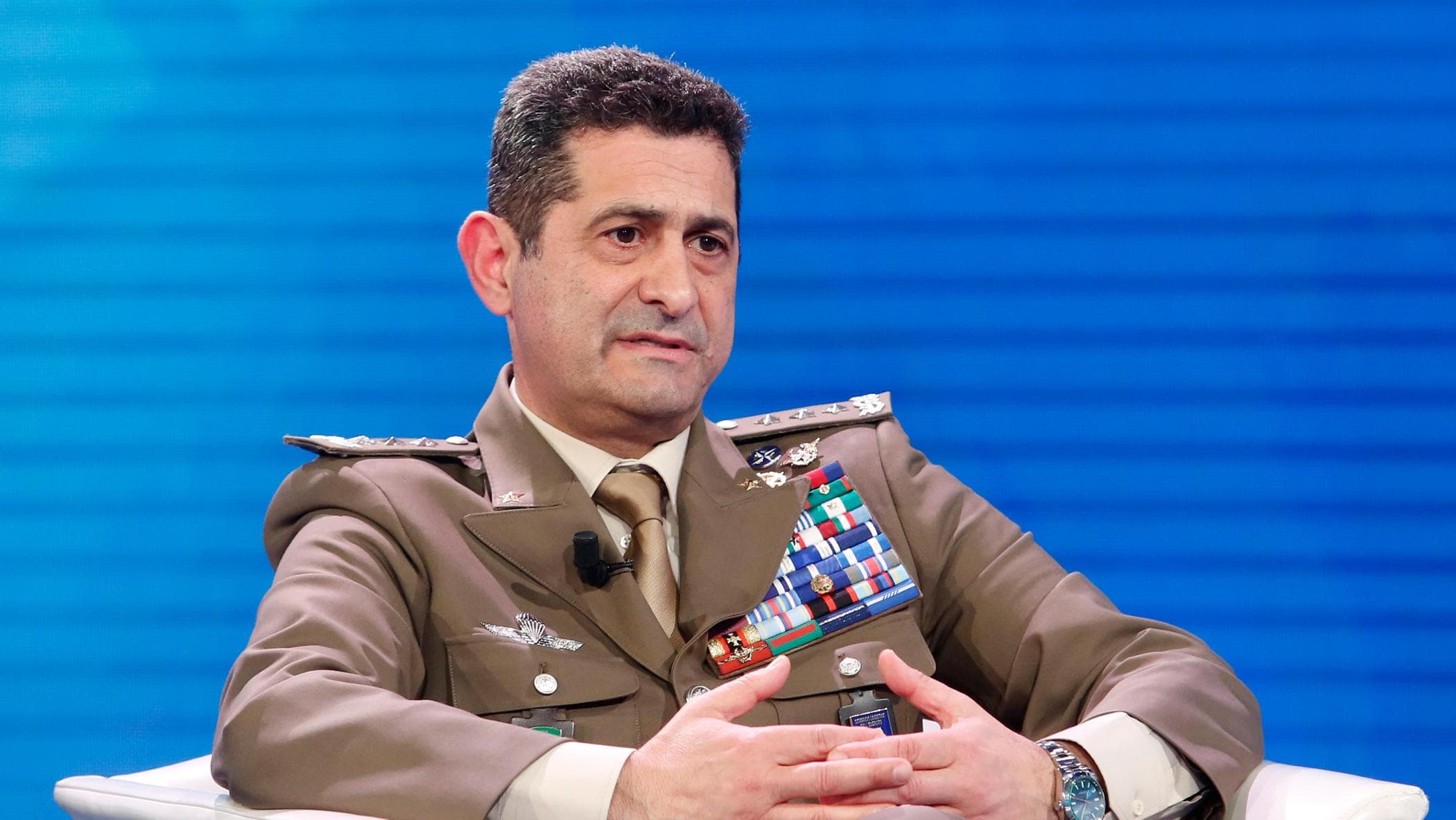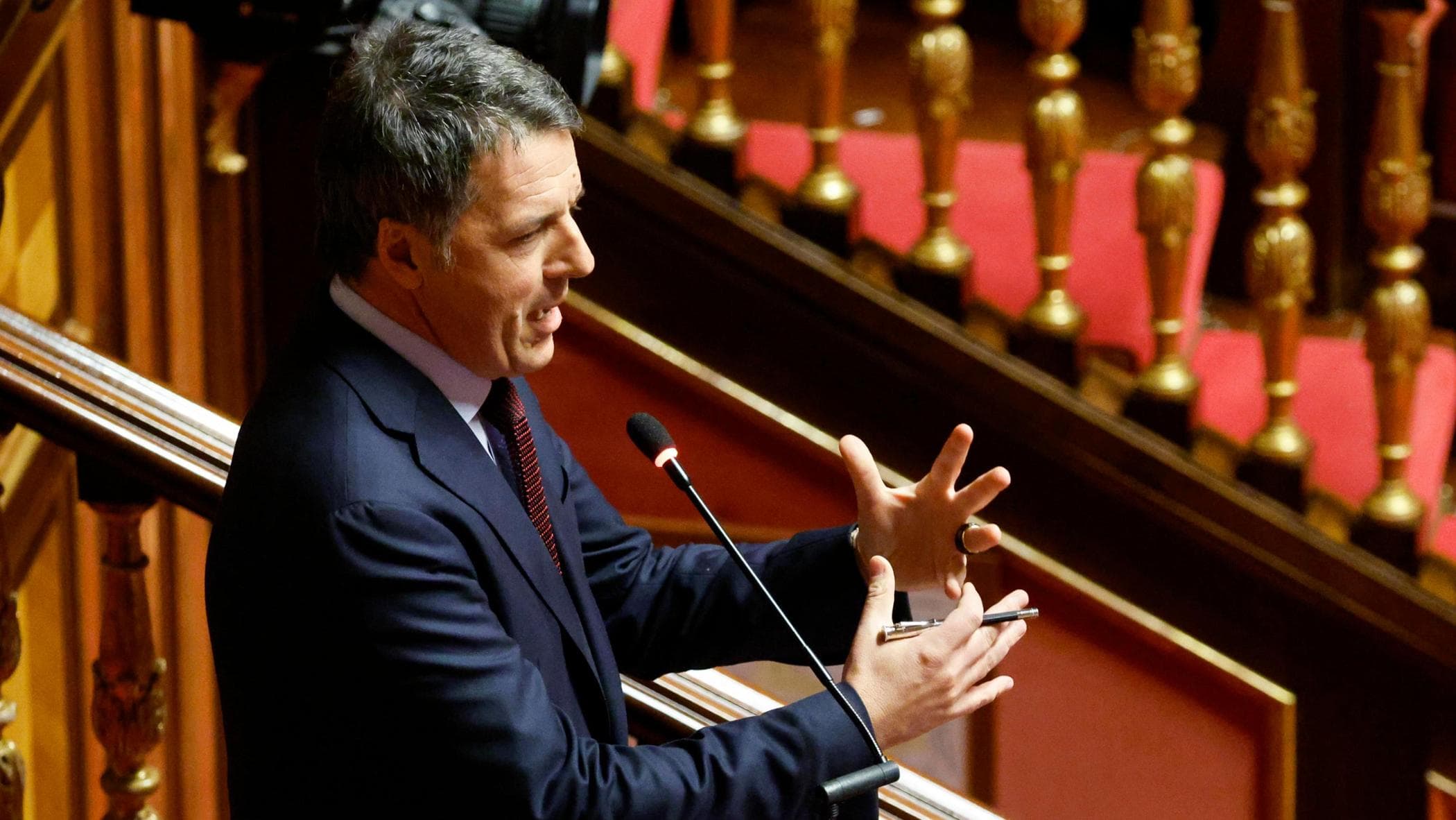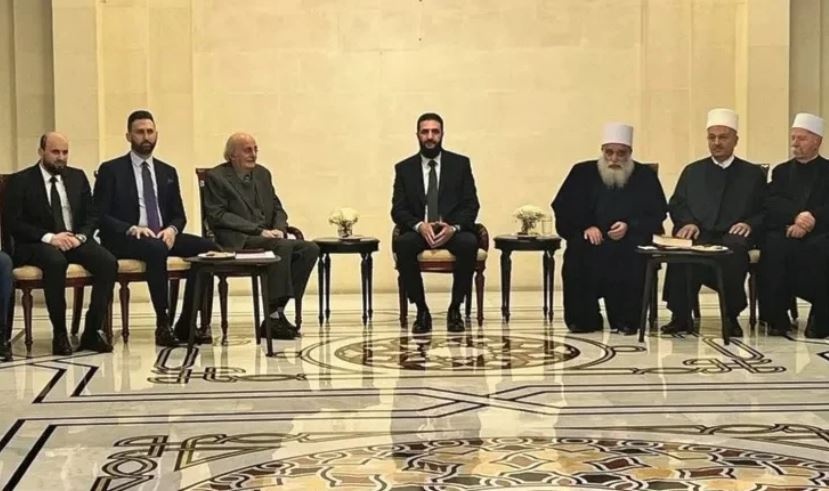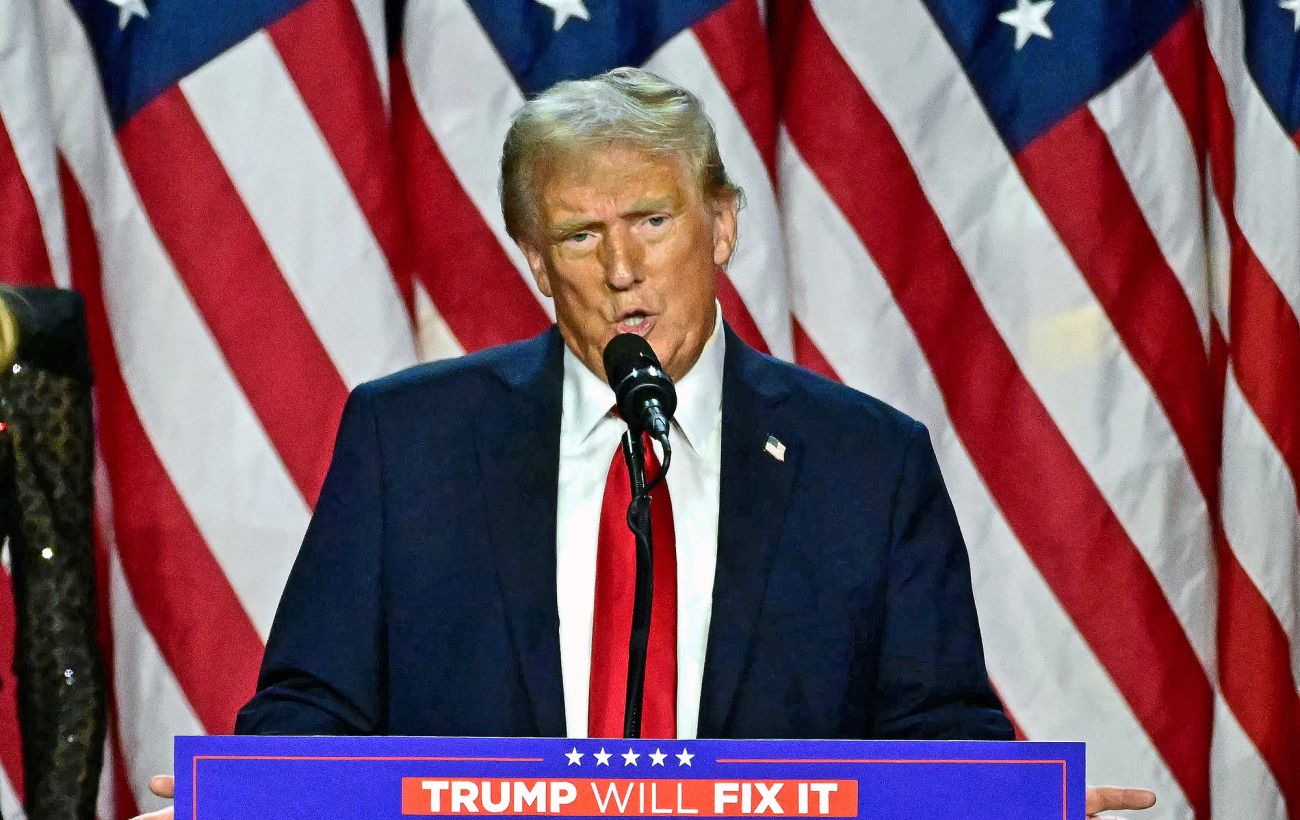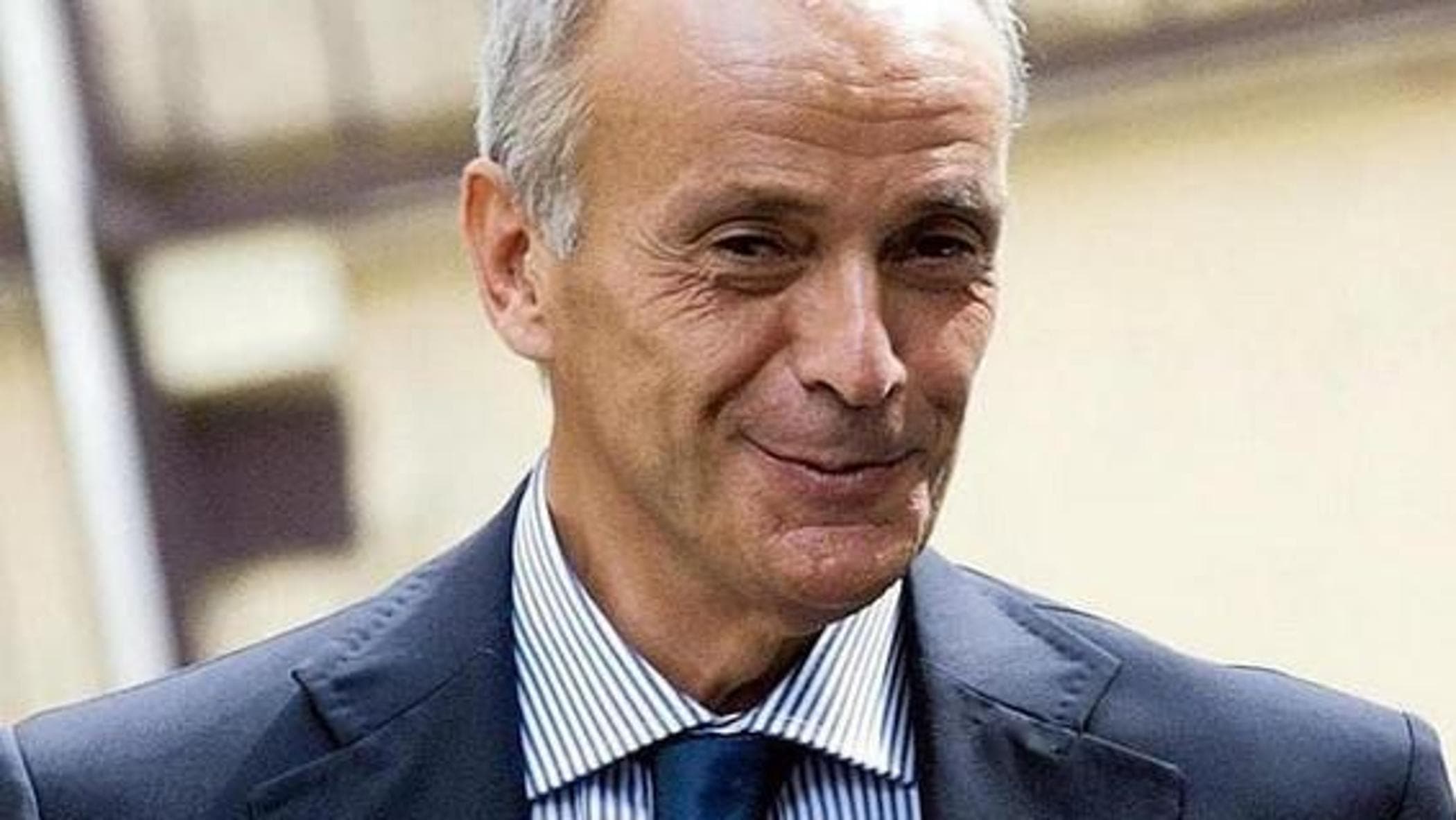
According to the investigating judge of Perugia, the jurisdiction of the investigation is Roman. But it is not certain that the investigation into illegal accesses and internal dossiers by the National Anti-Mafia Directorate will reach the capital. The former deputy prosecutor of the DNA Antonio Laudati and the spy financier Pasquale Striano they will have to wait a few more days to find out their fate. In fact, on December 17th, the Revision Court will also have to give its opinion, to which prosecutor Raffaele Cantone knocked on the door following the investigating judge’s decision to reject the request for house arrest.
Either way, the path is clear. It was probably even before the investigating judge’s decision this morning, which arose from a territorial jurisdiction appeal filed by Laudati’s lawyer, Andrea Castaldo. In fact, recently the Supreme Court of Cassation, called to deal with a case involving a high-ranking magistrate from the National Anti-Mafia Directorate as a victim, established that the competent body to deal with cases involving DNA prosecutors is Rome.


And now the preliminary investigation judge followed the Supreme Court’s instructions, something that the Revision judges could also do. Only then will the dossier be sealed in a suitcase and end up in the offices of the Public Prosecutor’s Office in Rome.
It is therefore presumptive that the capital’s prosecutors will have to deal with the hole discovered by prosecutor Raffaele Cantone and the DNA prosecutor Giovanni Melillo. To understand its depth, it is useful to reveal something: in just one day, financier Pasquale Striano downloaded more than 10 thousand files from DNA databases. We talk about ordinances, information, interrogations that come from anti-mafia district prosecutors across Italy. Confidential files, archived, still in progress. All. And many people: including football players, ministers, businesspeople, VIPs and criminals of various types, the number is around 200 targets spied on through the Serpico, SOS and Sdi databases. In fact, the financier often acted “independently” or “on behalf of third parties or persons unknown to the State,” the investigators write. And it is “unlikely… that Striano could have acted to please” the journalists who persuaded him. Thus, the investigation continues to understand “in whose name Striano may have acted”. And it is likely that the Public Prosecutor’s Office in Rome will move forward.
